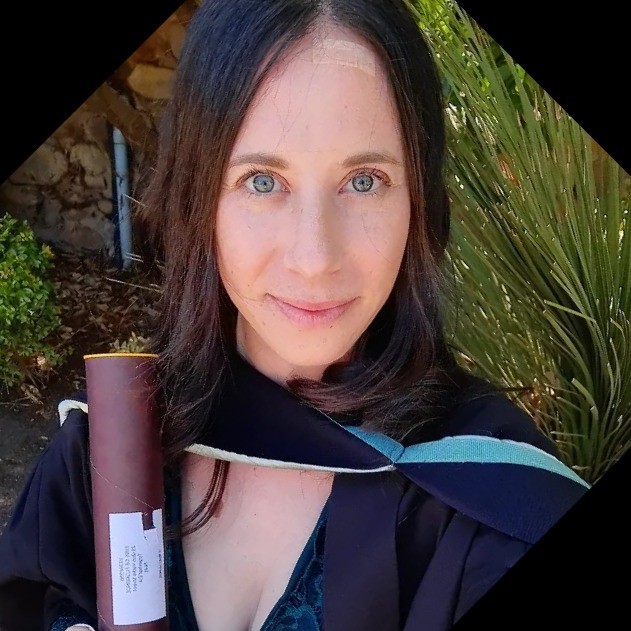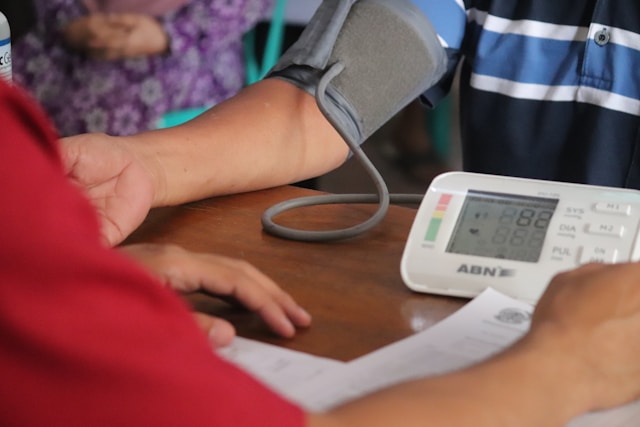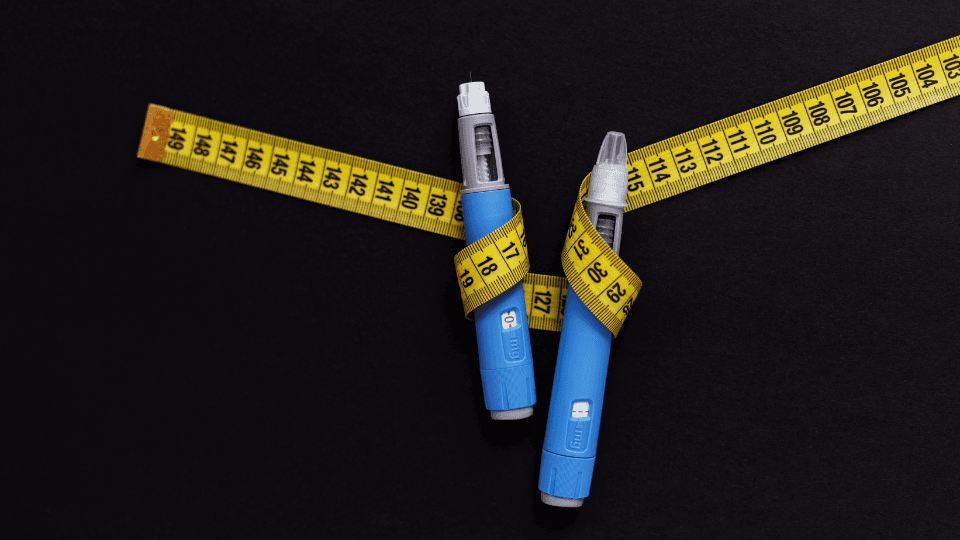Back
Oct 15, 2023
Social fitness: a happiness metric

Gabriella Florence | Sports Scientist
To be happy - one of the many goals we set for ourselves and wishes we hope for others. But where does the root of ‘happiness’ lie? In as early as 1938, Harvard researchers sought to find out.
Contrary to current opinions, the Harvard Study of Adult Development - one of the world’s longest studies on happiness - revealed that money, lavish lifestyles, fame, and successful careers are not the answer. Sure, life’s luxuries can increase your level of happiness, but they are not at the root.
Instead, positive relationships appear to be the key to unlocking happiness and keeping it unlocked indefinitely. What’s more, your social ties can keep you physically healthier and even help you live longer. But just like your physical health needs exercise to thrive, so too does your social life.
Too often, we leave our relationships to tend to themselves. How many times have you actually met up with someone soon after texting “let’s meet up soon”? This is where your Social Fitness comes into play.
Social fitness reflects the degree to which you successfully assess and strengthen your relationships and interactions with others. This includes the resources you get from your social surroundings, which strengthen your ability to withstand and rebound from challenges, grow as a person, and improve your overall wellbeing.
Social fitness is like any other skill; the more you practise it, the better you’ll get and the stronger your relationships will be. Here are five ways you can train your social fitness:
Start with yourself - you are half of the equation, after all. Notice how you react to and interact with others. Do you jump to conclusions, take days to respond to texts, or refuse to reach out first? Assess yourself and make notes for improvement.
Volunteer for a cause or join a club. This can provide you with a sense of purpose and chances are, you’ll meet like-minded people. Book clubs, choirs, and running clubs are great options to practise your hobbies with other enthusiasts. You’ll also feel more accountable to show up at each session.
Practise your communication skills.. Be a good listener by focusing on your body language and the way you acknowledge others’ stories. Don’t start planning what you’re going to say while the other person is talking and limit sharing your own stories directly after. This can leave the other person feeling misunderstood or ignored.
Surround yourself with good people. Fill your social circle with people you trust and respect - and ensure this is mutual. This includes setting boundaries and sticking to them. Remember: quality over quantity.
Treat others the way you want to be treated. This one goes without saying. Limit your judgement and be authentic, reliable, and compassionate. Be the person you’d like to call upon; what goes around comes around.
If we all focus on becoming a better person, we will fill the world with better people.












